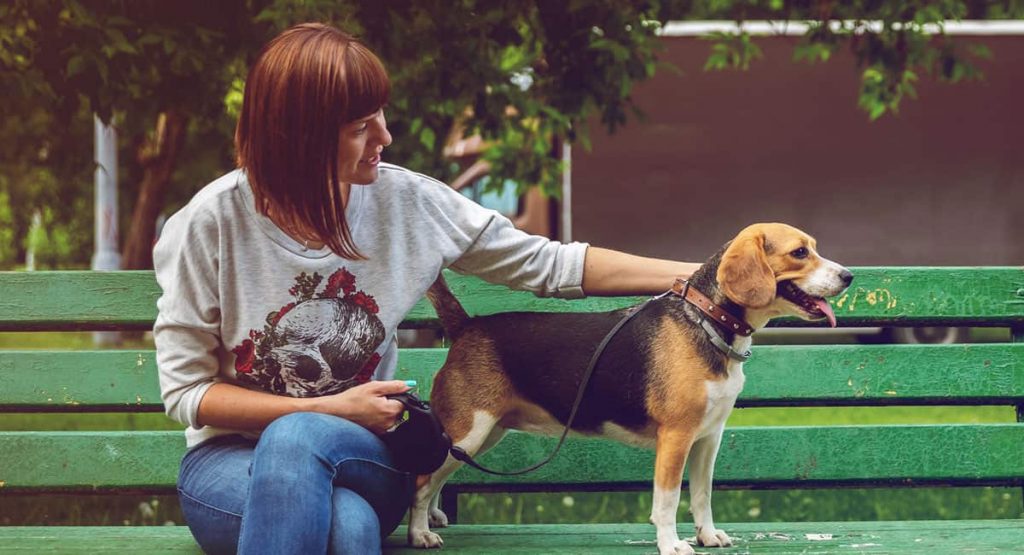Canine parvovirus is a highly contagious viral disease that can produce life-threatening illness.
The virus attacks rapidly-dividing cells in a dog’s body, most severely affecting the intestinal tract. Parvovirus also attacks the white blood cells, and when young animals are infected, the virus can damage the heart muscle and cause lifelong cardiac problems.
Parvovirus in Detail
Parvovirus Symptoms
The general symptoms of parvovirus are:
- Lethargy
- Severe vomiting
- Loss of appetite
- Bloody, foul-smelling diarrhea, which can lead to dehydration
Parvovirus Causes
- Parvovirus is extremely contagious and can be transmitted to any person, animal or object that comes in contact with an infected dog’s feces.
- The virus can live in the environment for months, and may survive on inanimate objects such as food bowls, shoes, clothes, carpet and floors.
- Unvaccinated dogs can contract parvovirus from the streets, especially in urban areas where there are many dogs.
Dogs More Prone to Parvovirus
- Puppies, adolescent dogs and canines who are not vaccinated are most susceptible to the virus.
- Breeds at higher risk are Rottweilers, Doberman pinschers, Labrador retrievers, American Staffordshire terriers and German shepherds.
Parvovirus Prevention
- Make sure your dog is up-to-date on his vaccinations. Parvovirus should be considered a core vaccine for all puppies and adult dogs.
- Generally, the first vaccine is given at 6-8 weeks of age and a booster is given at four-week intervals until the puppy is 16-20 weeks of age, and then again at one year of age.
- Older dogs who have not received full puppy vaccination series may be susceptible to parvovirus and should also receive at least one immunization.
Because parvovirus can live in an environment for months, take extra care if there has been an infected dog in your house or yard. Parvo is resistant to many typical disinfectants and can be difficult to eradicate.
- A solution of one part bleach to 32 parts water can be used where organic material is not present.
- Clean and disinfect the infected dog’s toys, food dish and water bowl in this solution for 10 minutes. If these objects are not able to be disinfected, they should be discarded.
- You can also use the solution on the soles of your shoes if you think you’ve walked through an infected area.
- Areas that are harder to clean (grassy areas, carpeting and wood, for example) need to be sprayed with disinfectant or even resurfaced.
Parvovirus Treatment
- There are currently no drugs available that can kill the virus. Treatment consists of aggressive supportive care to control the symptoms and boost your dog’s immune system.
- Dogs infected with parvovirus need intensive treatment in a veterinary hospital, where they will receive antibiotics to control secondary infections, drugs to control the vomiting, intravenous fluids to treat dehydration and other supportive therapies.
- The average hospital stay is about 5-7 days.
- Treatment is not always successful, so it is important to make sure your dog is vaccinated.
When to See the Vet
- Parvovirus is a dangerous disease that is often fatal. If you notice your dog experiencing severe vomiting, loss of appetite, depression or bloody diarrhea, contact your veterinarian immediately.


